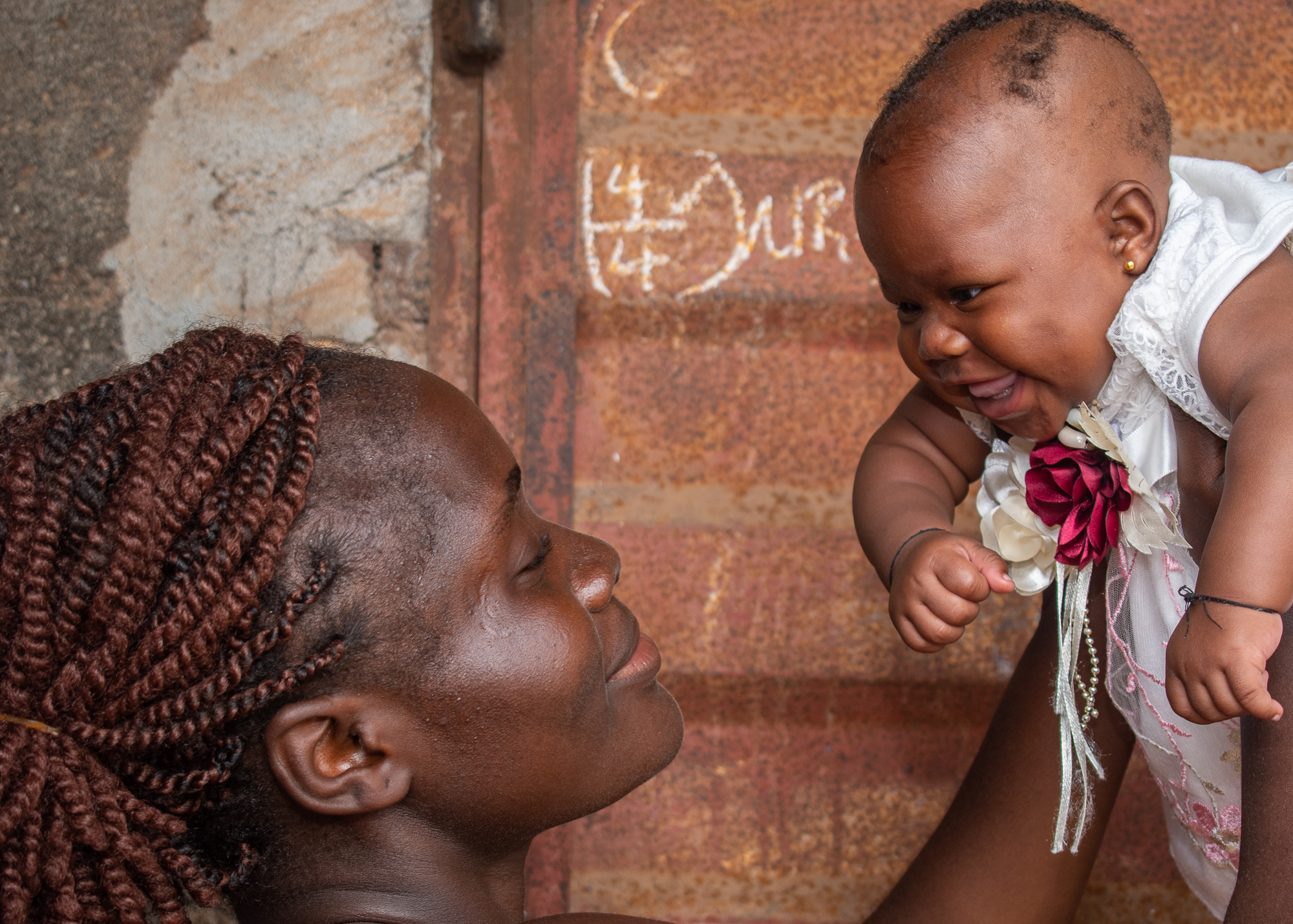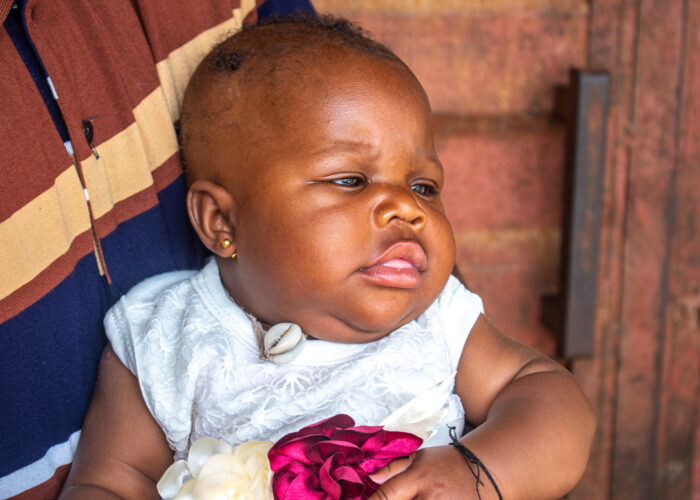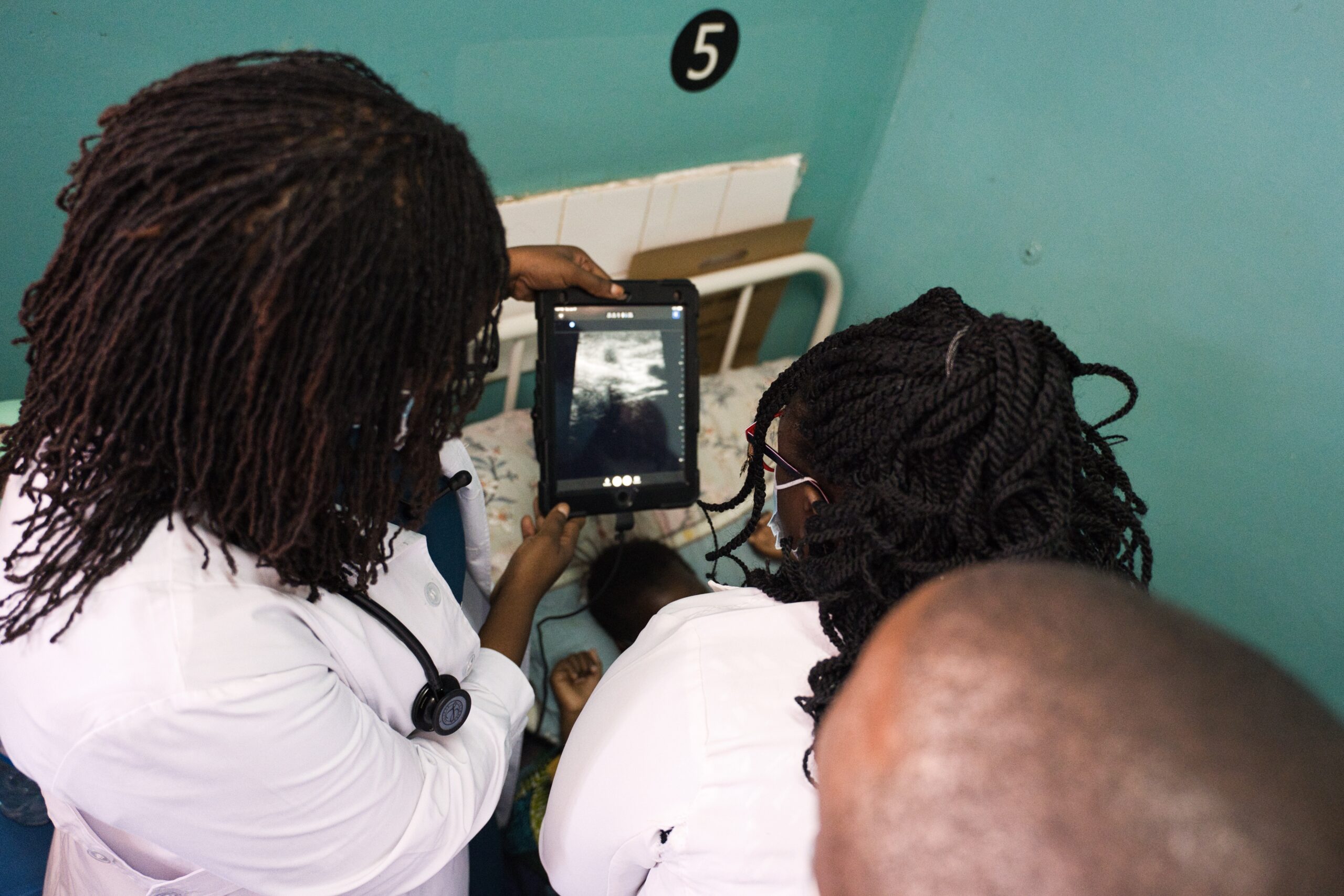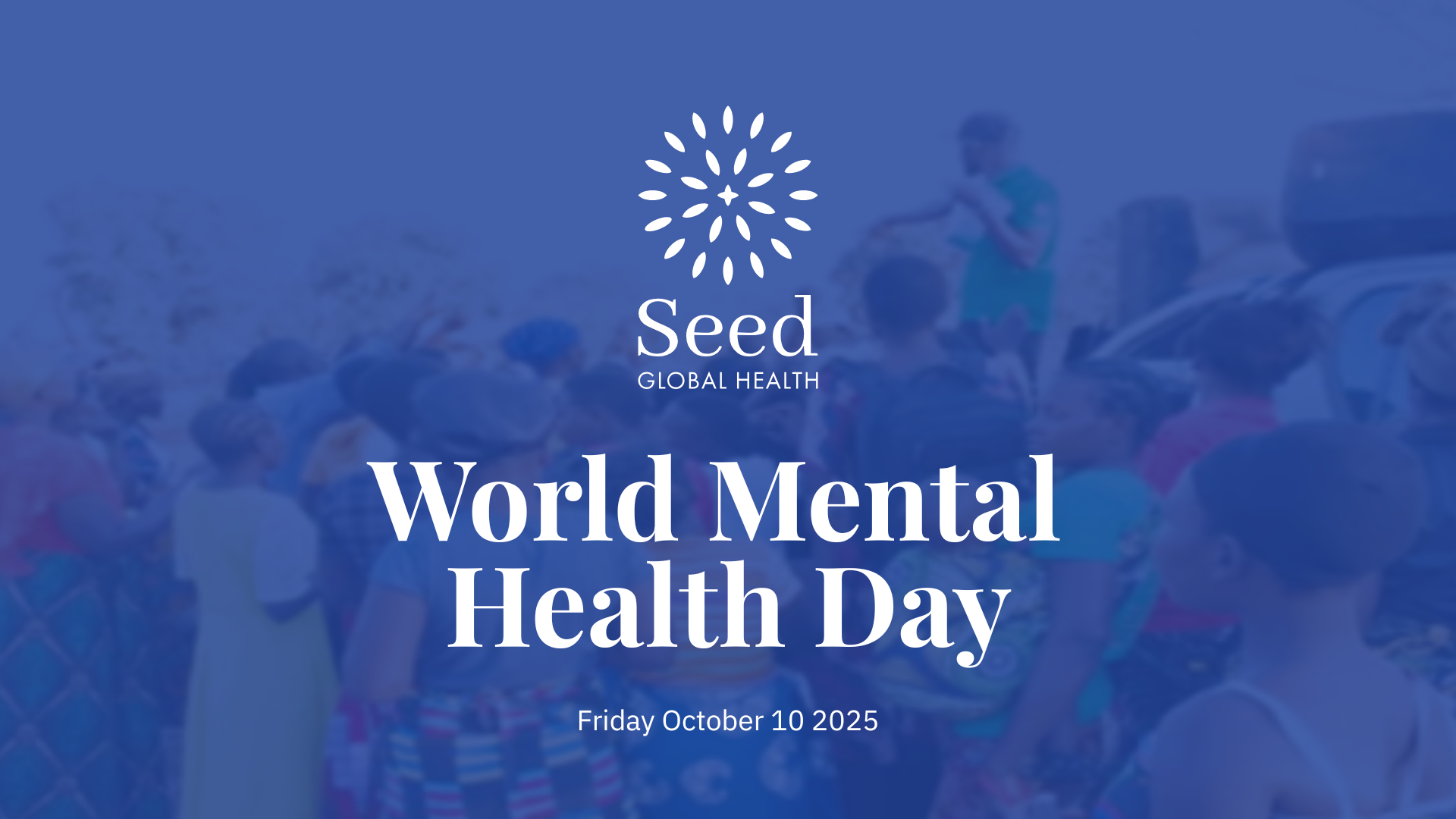
Saving Baby Miracle: How Skilled Care Delivered Hope to a Family in Sierra Leone
Every month, nearly 20 newborns arrive at Kenema Government Hospital (KGH) in Sierra Leone fighting for their lives, in urgent need of specialized care.
The hospital’s special care baby unit (SCBU) treats around 60 newborns each month, with roughly a third requiring highly specialized care to survive. Among the 28 staff who keep the unit running, seven are trained neonatal nurses (specialists with advanced skills) who routinely deliver lifesaving care.
Isatu Tina Juana, later nicknamed “Miracle,” was born in June 2025 at KGH with an APGAR score of just 1 (out of ten) at one minute after birth, rising only to 2 at five minutes. An APGAR score is a quick test health workers use to assess a newborn’s overall condition immediately after delivery. “Her case was particularly chaotic,” said neonatal nurse Messi Alpha. “Only her pulse was responsive and even that was not responding correctly.”
After 40 minutes of exhaustive care and monitoring, the KGH staff, led by nurse Messi, stabilized Baby Isatu. “Many other babies would have given up, but this one is a fighter,” said Messi. The nurses gathered around, amazed by the tiny life who had defied the odds. “She should be called Miracle!” said one of the nurses, a sentiment that resonated with everyone in the room.

“When I saw the condition of my baby, I was short of hope that she’d survive,” said Baby Miracle’s mother, Miatta.
“But after many minutes of intensive care by the nurses at the special baby care unit, we were finally informed that our baby was stable and kicking.
“I’m advising every pregnant woman to go to the hospital early during pregnancy and trust our midwives and nurses. My baby is a testament to the good work they are doing,” she said.
Shortly before Baby Miracle arrived at the special baby care unit, Seed Global Health had supported a training on essential newborn care for nurses and midwives at the hospital. Essential newborn care covers how to provide lifesaving care for newborns, including safe delivery, resuscitation, and infection prevention techniques.
After several days of observation and lots of education for Miracle’s parents on how to best support her recovery, Baby Miracle was discharged. Her parents have been dedicated to ensuring Miracle receives all the follow-up care she needs, and she is thriving as a result. Miracle is famously remembered at the SCBU as an unusually strong baby who, in the capable hands of a highly skilled and knowledgable healthcare team, fought a good fight and won.
In 2019, Seed Global Health was invited by the government of Sierra Leone to educate and train a skilled midwifery workforce to improve maternal and newborn health care in the country. To help the government achieve its goal of training 3,000 midwives by 2030, Seed works at three (out of four) midwifery schools and their accompanying teaching hospitals, including Kenema School of Midwifery and Kenema Government Hospital.
Kenema School of Midwifery is Sierra Leone’s newest midwifery school, which opened in 2024 with support from Seed. The Seed team partners with school staff and faculty to strengthen the midwifery curriculum and improve classroom and clinical teaching. Seed also partners with the staff of Kenema Government Hospital to continuously improve the quality of maternal and newborn care.
The remarkable survival of Baby Miracle stands as a powerful testament to the transformative impact of well trained, highly skilled health workers. From the critical “golden minute” of resuscitation to the sustained care that followed, Baby Miracle’s story showcases the power of training health workers, like the staff at Kenema Government Hospital, who together multiply their skills to save countless lives.

